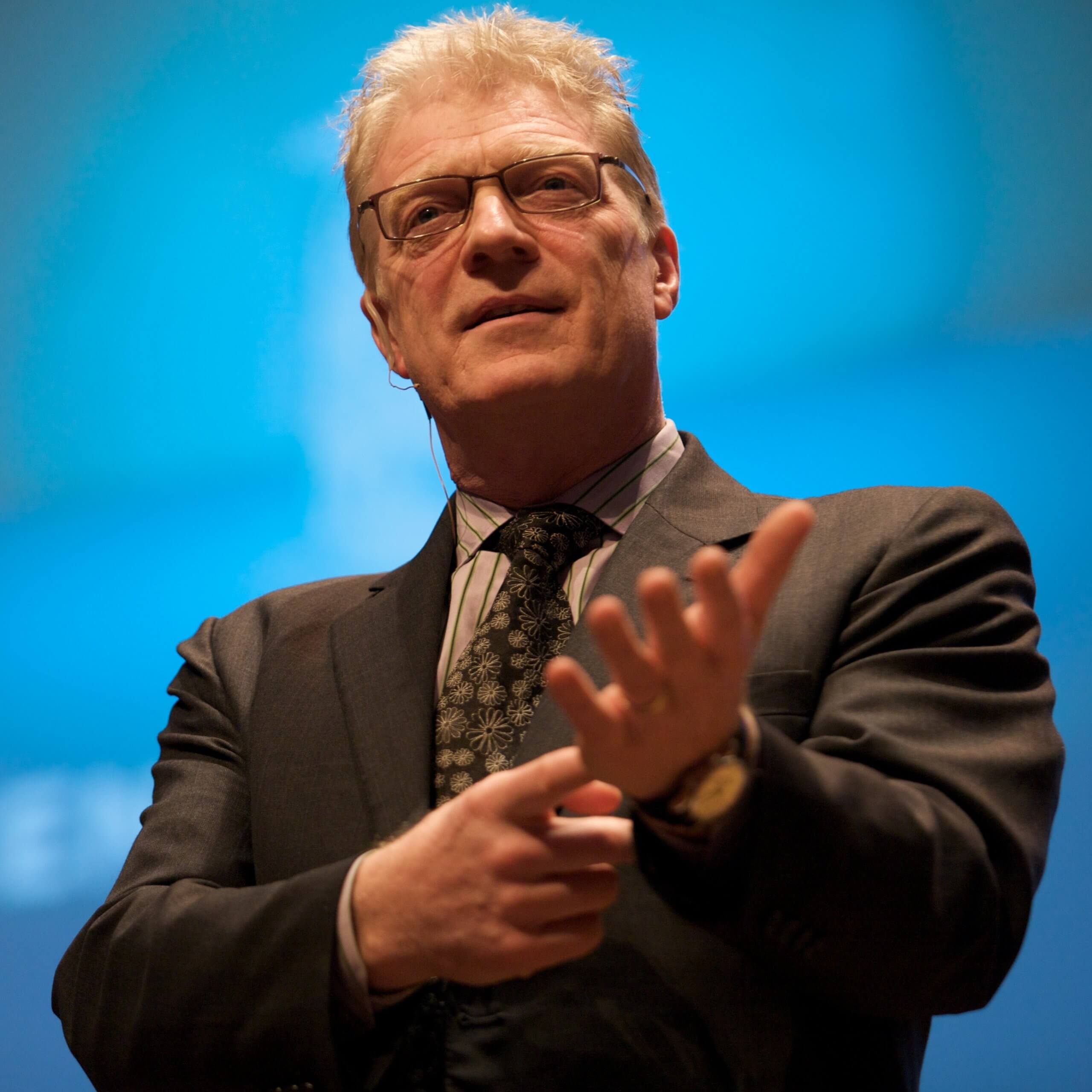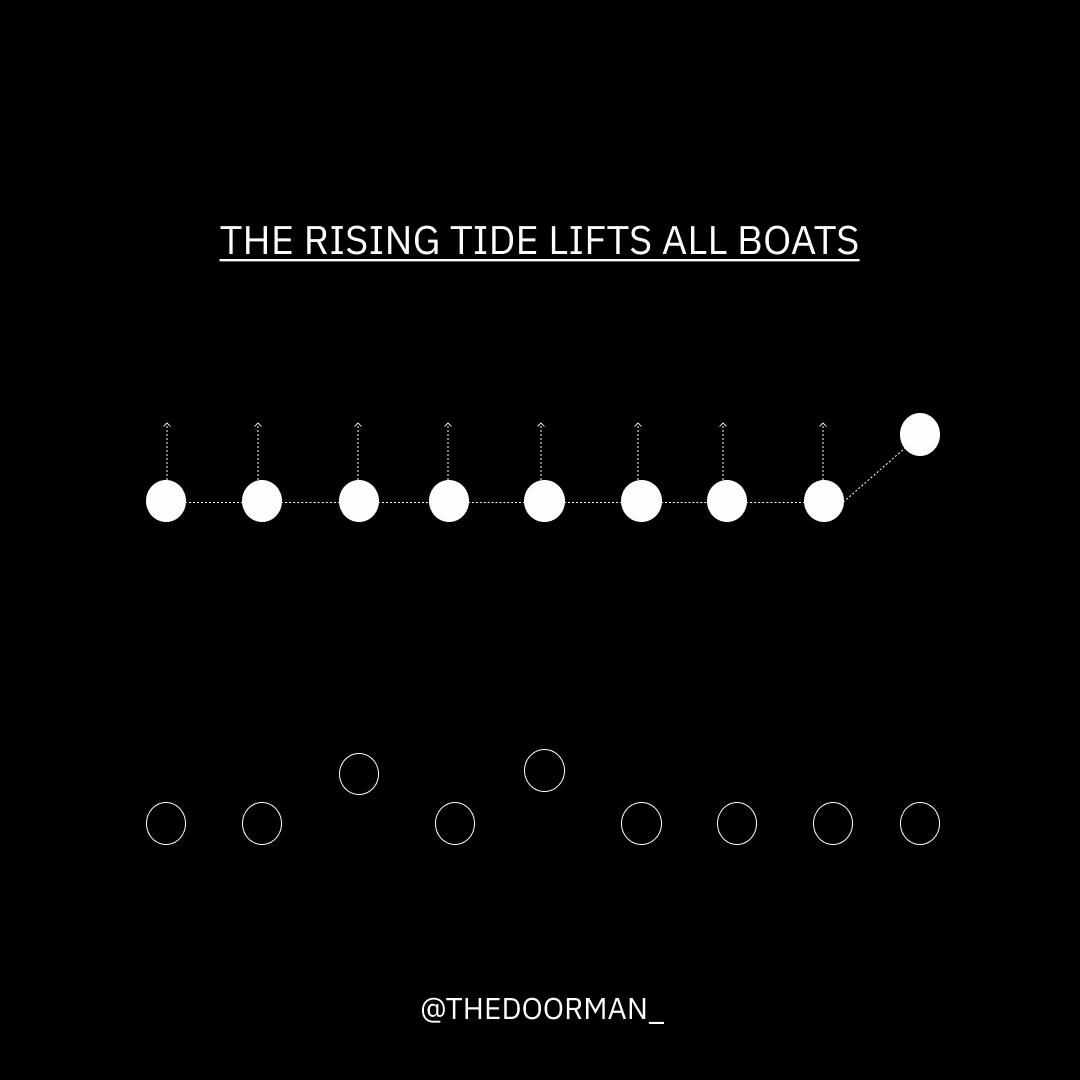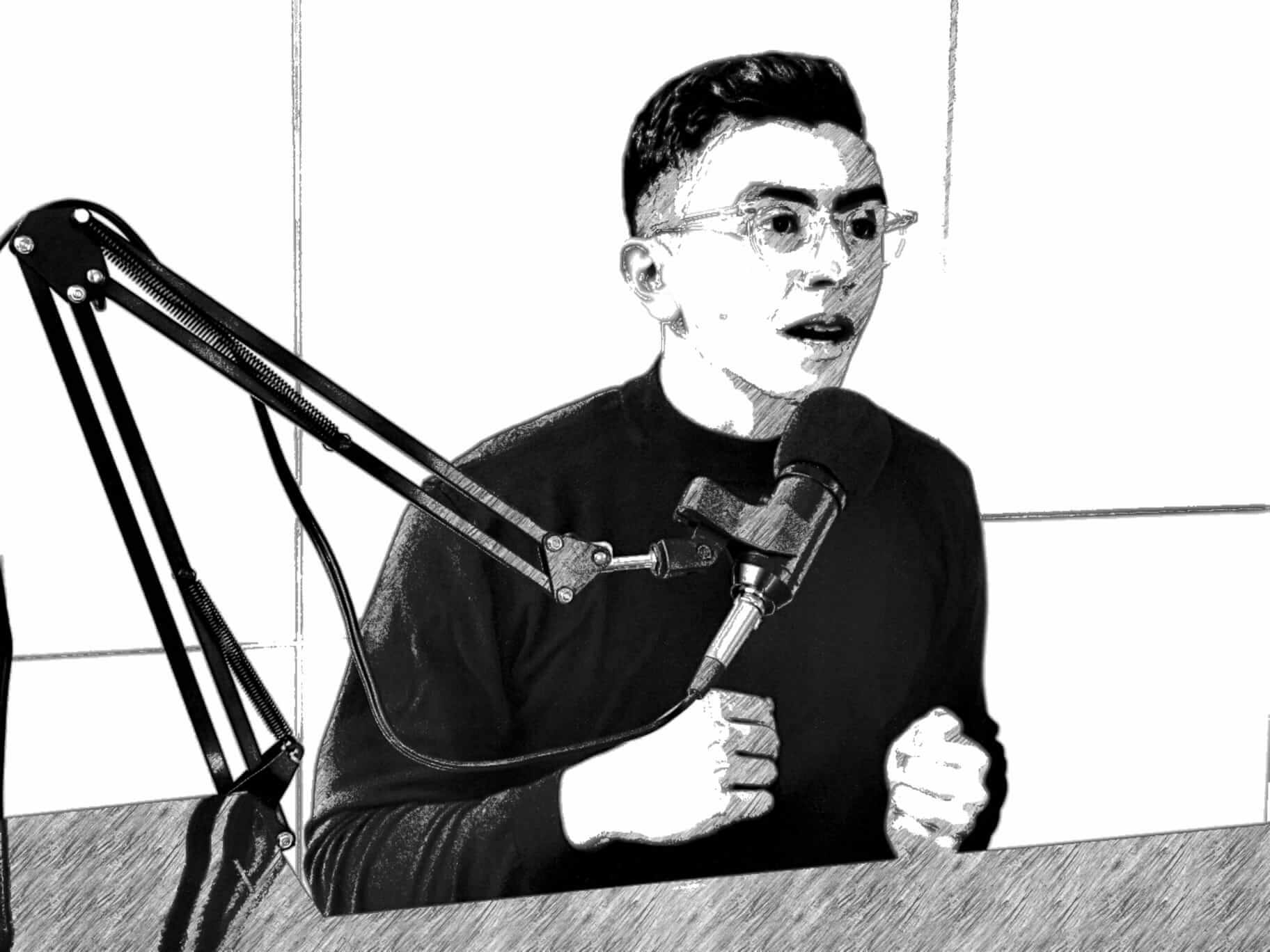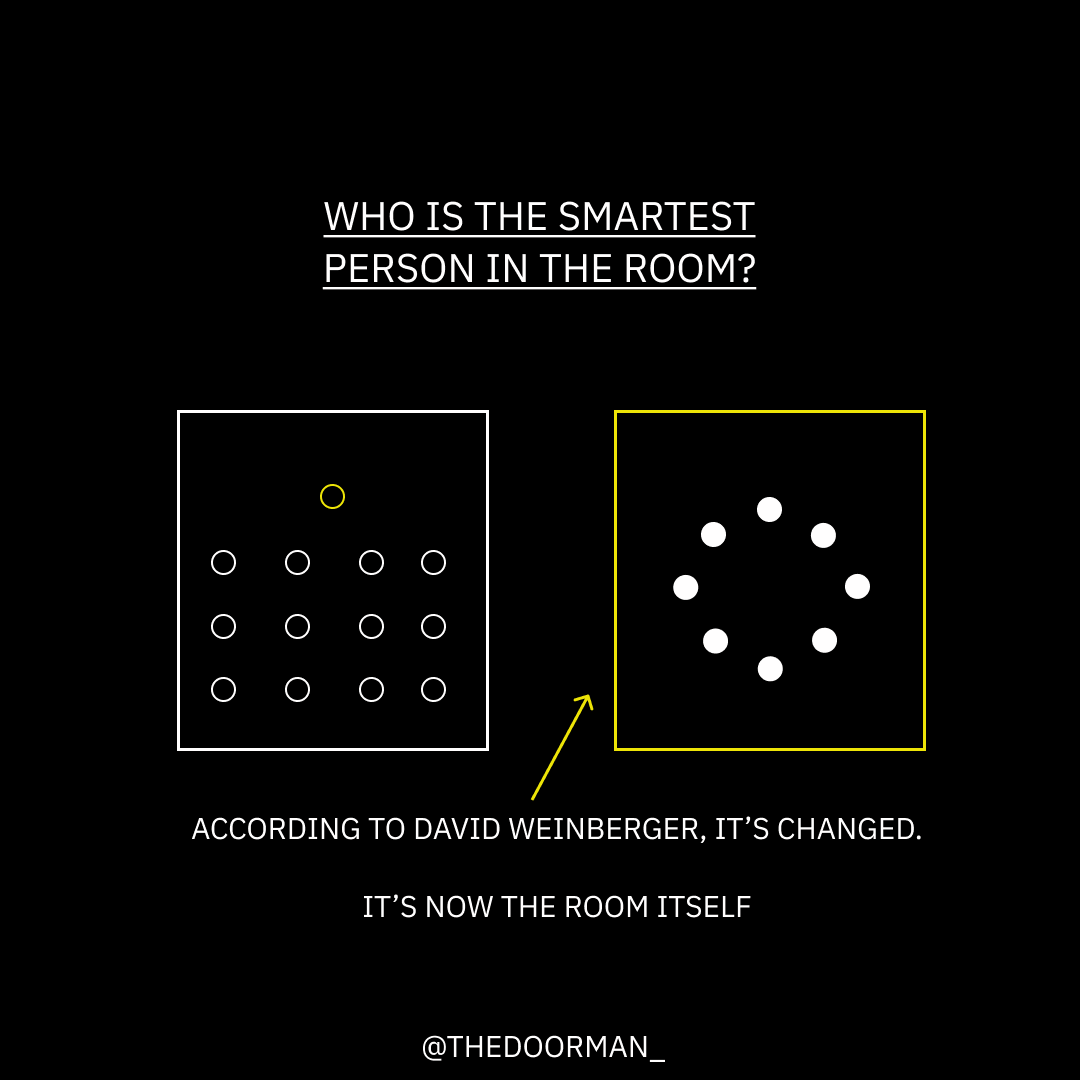Deconstructing Ken Robinson’s TED Talks On Education & Creativity
Ken Robinson is one of history's greatest thinkers on education. We unpack him over a range of episodes on the With Joe Wehbe Podcast starting with episode #247 (Go here for the podcast, and here for the weekly summary). While we unpack notes from his book 'Out of Our Minds' in this post, today we deconstruct this three amazing TED Talks, including talk no. 1 which remains the most viewed TED Talk of all time! TED TALK No. 1 — Do Schools Kill Creativity? Do schools kill creativity? We have no idea how the future will play out
Unpacking Ken Robinson’s Book ‘Out Of Our Minds’
The man with most viewed TED Talk of all time with 72 million views! Ken Robinson is one of the people I have the most respect for — a brilliant orator who brought humor and leadership to a field that needed a lot of attention. This blog corresponds to the first half of my podcast series (go to #247) with Luke Smith unpacking his significance for our lives. I'll do a separate post unpacking his three amazing TED Talks! What will you get out of this series? I thought of three main things we could get out of unpacking Ken Robinson. Discover your
Applying Antifragile and Nassim Taleb’s Ideas to Education, Learning and Career
Okay this blog post is not like the usual stuff you get from me — it will probably require patience and note-taking. It corresponds with a mini-series on the With Joe Wehbe Podcast to do with Nassim Nicholas Taleb, whose books are pretty hard to read especially for young people! Check out the podcast here — the Taleb series starts from episode 181. I want to spend time on the podcast unpacking great thinkers about education, learning and careers and I wanted to start with Taleb. Taleb is a very entertaining, intellectually sassy figure known in particular for his epic books and ideas
The 16 Benefits of Private vs. Open Communities
For 2017 I invested more than $10K to participate in private online communities (more than $15K if you include the associated travel and related expenses). For 2018 my investment has already exceeded $30K, and I’m looking to bump it to $40-50K within the next several months. — Steve Pavlina Today I dissect a long-form, incredibly high quality blog post by Steve Pavlina from 2018 called 'The Rise of Private Communities' — for Pavlina, the investment he'd made into private communities was better than Bitcoin. Earlier this year Scott McKeon and I established a private community called The Constant Student, and I've
32 Reasons why you can’t afford NOT to start a podcast
Should you start a podcast? As hard as it is to give generic, best-for-all advice, the answer is probably yes. There's not many things I can say that about, but a podcast is probably one of them. I launched the With Joe Wehbe Podcast about 11 months ago. I made 121 daily episodes, then stopped for eight months, but now I'm excited to start publishing episodes again. It's been a very unorthodox podcast journey, but one I'm proud of. Without major reach and distribution yet, so many positives have come from it. In that vein, the below are just 32 of the many
Who is the smartest person in the Room? How to design a Room for learning.
Who is the smartest person in the Room with you right now? What if you were in a Room with Einstein and Marie Curie
Find your tribe, let your passion come
I never had a 'career freak out' at any stage of my life, so it's hard to empathise with others who do. The closest I ever came was my time at uni and my time in real estate, where I knew I wasn't doing the most with my time, wasn't doing the thing that made me come alive — but I had a vague idea of what that other 'thing' was on both occasions. When I was studying at uni, I knew I should have been doing more filmmaking. When I was focused on real estate, I had a sense something that exposed
Be careful who your first heroes are
Tim Ferriss runs one of the world's best podcasts, is a bestselling author, and was ahead of his time when he published the 4 Hour Work Week. He is one of few icons of mine. I consulted his blog a few years ago for guidance about writing a book. What I found disheartened me, shattered me. Don't write the book first
You’ll try following the map until you realise it’s a compass you need.
Most of us look for a map to follow. I suspect we have all been guilty of wanting to see the path laid out before us, with no hidden bends or unfinished roads. But as it is with real-world expeditions, you need to go off road. No great learning or solution can be laid out step-by-step-by-step. The Thousand Doors is the truth that your real future lies hidden, out of sight, and requires you to Open Doors. There is no fool-proof process, no journey free from obstacles. If you're being creative and daring, there are very few relevant best practices. Nothing worthwhile is straightforward. Stop
Why people don’t finish online courses
I've heard, from various sources, that online courses have anywhere between a 2-8% completion rate. Given my interest in education, learning, and online education, today I'm going to speculate as to why. Here's four reasons to explore: Most of us are bad at coming back to things People realise it's not for them Inspiration is not sustainable. Often, people are not looking to learn. 1) Most of us are bad at coming back to things Don't try to motivate yourself to go to an early morning gym session. Just get up and put your gym shorts on — then you'll find yourself triggering











